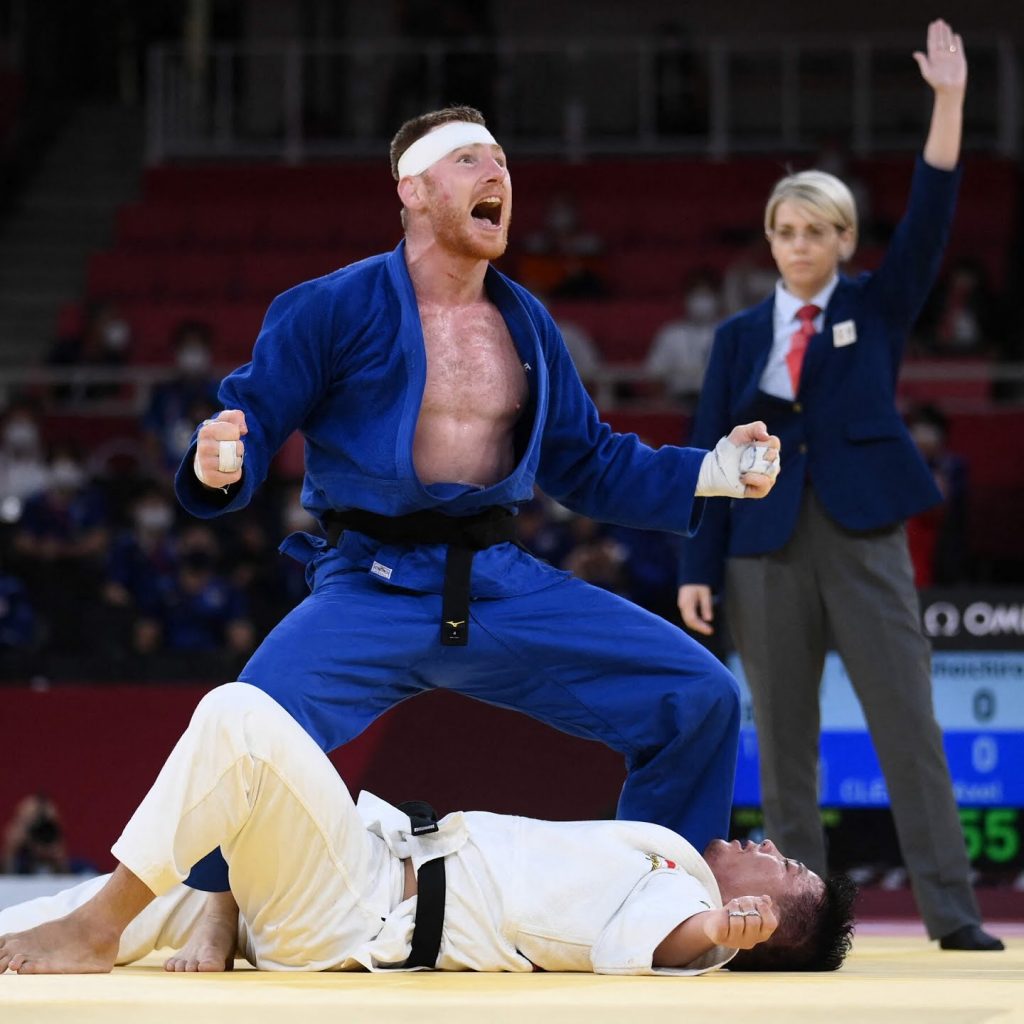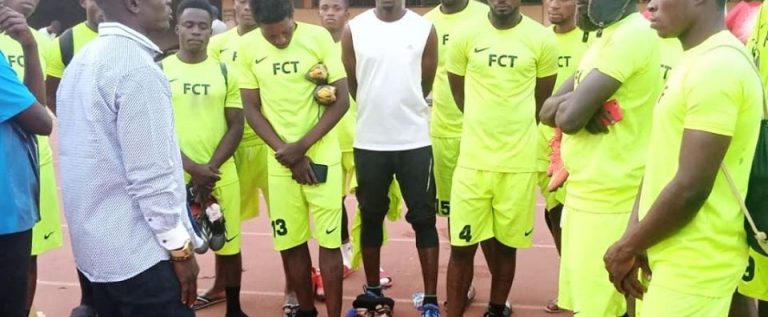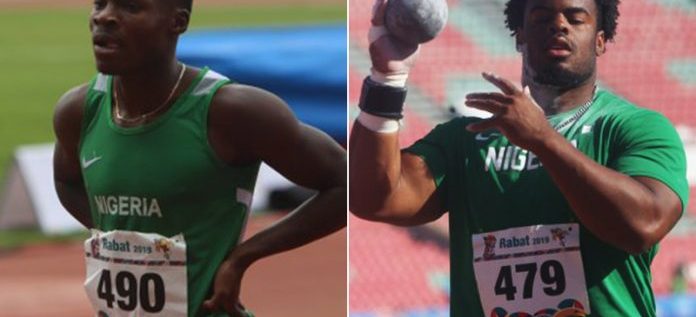Tokyo Olympics: Athlete Who Won Silver In Wrestling Apologises For “Shameful Result”

![]()
By Amaechi Agbo And Agency Report
As the 32nd edition of the Summer 2020 Olympics in Tokyo, Japan comes to an eventful end today, Japanese athlete, Kenichiro Fumita, who won a silver medal in Greco-Roman wrestling on Saturday has apologized to his people describing his feat as a “shameful result” www.bestchoicesports.com.ng understands
Kenichiro Fumita was crying so hard that he could barely get the words out after loses the final.
Mukai lost to Axel Clerget of France during the judo mixed team final on Saturday
“I wanted to return my gratitude to the concerned people and volunteers who are running the Olympics during this difficult time,” Mr. Fumita, a Greco-Roman wrestler, said between sobs after finishing his final bout at the Games this week.

“I ended up with this shameful result,” he said, bobbing his head abjectly. “I’m truly sorry.”
Mr. Fumita, 25, had just won a silver medal.
The New York Times reports that in what has become a familiar — and, at times, wrenching — sight during the Tokyo Olympics, many Japanese athletes have wept through post-competition interviews, apologizing for any result short of gold. Even some who had won a medal, like Mr. Fumita, lamented that they had let down their team, their supporters, even their country.
After Japan’s judo team earned silver, losing to France, Shoichiro Mukai, 25, also apologized. “I wanted to withstand a little bit more,” he said. “And I’m so sorry to everyone on the team.”
Apologizing for being second best in the world would seem to reflect an absurdly unforgiving metric of success. But for these athletes competing in their home country, the emotionally charged displays of repentance — which often follow pointed questions from the Japanese news media — can represent an intricate mix of regret, gratitude, obligation and humility.
“If you don’t apologize for only getting silver, you might be criticized,” said Takuya Yamazaki, a sports lawyer who represents players’ unions in Japan told New York Times
From an early age, Japanese athletes “are not really supposed to think like they are playing sports for themselves,” Mr. Yamazaki said. “Especially in childhood, there are expectations from adults, teachers, parents or other senior people. So it’s kind of a deeply rooted mind-set.”
The expectations placed on the athletes have been compounded by the coronavirus pandemic, which made the Olympics deeply unpopular with the Japanese public before the events began. Many may feel more pressure than usual to deliver medals to justify holding the Games, as anxiety swells over rising coronavirus cases in Japan. Athletes who have failed to do so have offered outpourings of regret.
“I feel fed up with myself,” said Kai Harada, a sport climber, vigorously wiping his eyes during an interview after failing to make the finals. Takeru Kitazono, a gymnast who finished sixth on the horizontal bar, fought back tears as he spoke of his supporters. “I wanted to return my gratitude with my performance,” he said. “But I couldn’t.”
Naomi Osaka, in a statement after she was eliminated in the third round of women’s singles tennis, said she was proud to represent Japan but added, “I’m sorry that I couldn’t respond to people’s expectations.”
In some respects, these athletes have offered an extreme form of the apologies that are everyday social lubricants in Japanese culture.
When entering someone’s home, a visitor literally says sorry. Workers going on vacation apologize for burdening colleagues, while conductors express deep regret if a train is a minute late — or even a few seconds early. Generally, these apologies are a matter of convention rather than a declaration of responsibility.
As one of the oddest Olympics in history wraps up, athletes ‘can’t wait to get home.’
At times, the mea culpas ring hollow. Corporate chieftains and politicians frequently bow deeply to the news cameras to apologize for this corporate scandal or that political misdeed. For the most part, few consequences follow.
The former president of the Tokyo Olympic organizing committee, Yoshiro Mori, initially tried to use such an apology to avoid resigning after making sexist remarks. But a vociferous social media campaign helped depose him.
People who study Japanese culture say the athletes’ apologies, even in the face of victory, stem from an instinct that is cultivated from childhood.
“Americans are very good at finding reasons why you are great even if you fail,” said Shinobu Kitayama, a social psychologist at the University of Michigan. But in Japan, he said, “even if you succeed, you have to apologize.”
The apologies are also likely to be recognized as tacit expressions of gratitude, said Joy Hendry, an anthropologist and the author of “Understanding Japanese Society.” “I expect they feel that they need to apologize for not having achieved the very best they could” for those who trained or financially supported them, Ms. Hendry said.
Mr. Fumita, the wrestler, may have also felt pressure to please his father, a well-known wrestling coach. In an interview on NHK, the public broadcaster, Mr. Fumita said he was afraid to answer a call after his silver medal win. “I could not pick up the phone,” he said. “I just didn’t know what I could say to my father.”
The athletes also know that aside from the medal count, the Japanese public cannot enjoy the perks of being an Olympic host, because spectators are barred from the venues.
New York Times Credited




